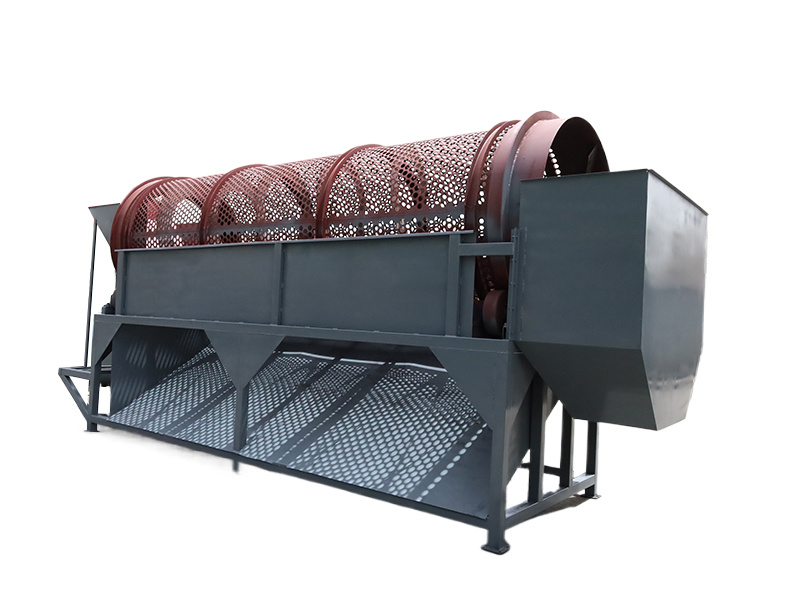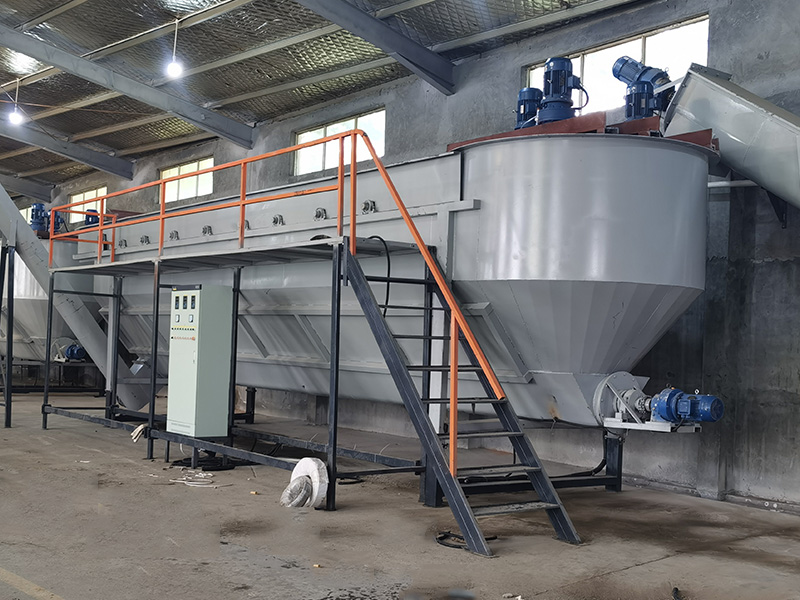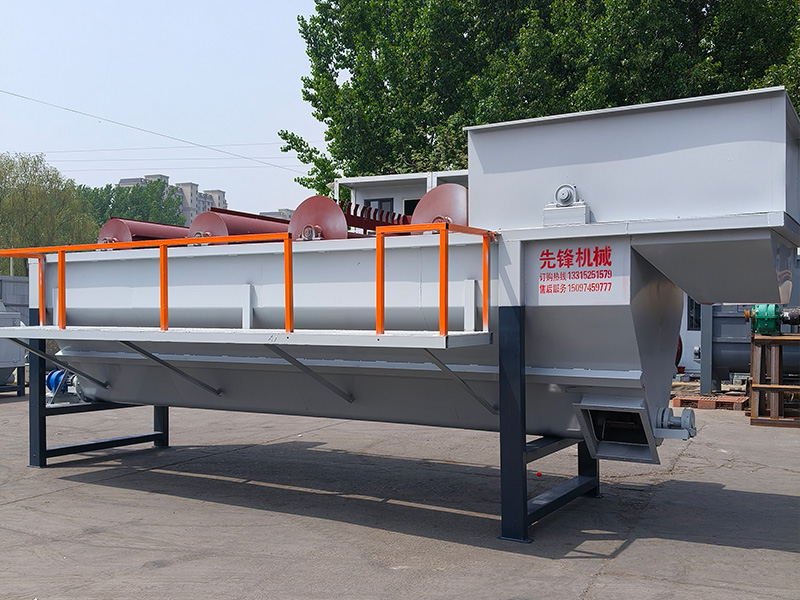Understanding Trommel Screens: An Essential Component in Material Processing
Trommel screens are cylindrical screens that rotate around a central axis, making them highly effective for separating materials based on size and shape. Commonly used in various sectors such as mining, recycling, and waste management, these screens allow for efficient and precise material classification. The design of the trommel screen consists of a slotted or perforated drum, where the material
Jun 08,2025

Trommel screens are cylindrical screens that rotate around a central axis, making them highly effective for separating materials based on size and shape. Commonly used in various sectors such as mining, recycling, and waste management, these screens allow for efficient and precise material classification. The design of the trommel screen consists of a slotted or perforated drum, where the material enters from one end and is allowed to tumble and sift as it moves through the screen.
One of the key advantages of trommel screens is their versatility. They can handle a wide range of materials, including soil, gravel, mulch, compost, and various construction debris. This adaptability makes them particularly valuable in recycling operations, where they can effectively sort different types of waste, ensuring that recyclable materials are separated from non-recyclables. By utilizing trommel screens, companies can enhance their operational efficiency and reduce the volume of waste sent to landfills.
Another important feature is their effectiveness in achieving high levels of separation. The rotating motion of the drum allows for material to be continually agitated, which increases the likelihood of smaller particles passing through the screen while larger items are retained for further processing. This not only improves sorting accuracy but also maximizes the use of available space in processing facilities.
Moreover, trommel screens are relatively low-maintenance compared to other types of screening equipment. Their simple mechanical design minimizes wear and tear, and regular inspections can help ensure optimal performance. This reliability makes them an attractive option for companies looking to maintain productivity without incurring excessive maintenance costs.
In addition to their mechanical advantages, trommel screens can be customized to suit specific operational needs. Manufacturers can tailor the drum size, screen aperture, and rotation speed to accommodate different materials and processing requirements. This level of customization enables businesses in the manufacturing and processing machinery sector to optimize their processes further, aligning with their unique operational goals.
In conclusion, trommel screens are an invaluable asset in the material processing industry. Their ability to efficiently separate and classify materials, coupled with their versatility and low-maintenance design, positions them as a key player in enhancing operational efficiency. For professionals in the manufacturing and processing machinery sector, understanding the workings and benefits of trommel screens can lead to more informed decision-making and improved operational outcomes.
One of the key advantages of trommel screens is their versatility. They can handle a wide range of materials, including soil, gravel, mulch, compost, and various construction debris. This adaptability makes them particularly valuable in recycling operations, where they can effectively sort different types of waste, ensuring that recyclable materials are separated from non-recyclables. By utilizing trommel screens, companies can enhance their operational efficiency and reduce the volume of waste sent to landfills.
Another important feature is their effectiveness in achieving high levels of separation. The rotating motion of the drum allows for material to be continually agitated, which increases the likelihood of smaller particles passing through the screen while larger items are retained for further processing. This not only improves sorting accuracy but also maximizes the use of available space in processing facilities.
Moreover, trommel screens are relatively low-maintenance compared to other types of screening equipment. Their simple mechanical design minimizes wear and tear, and regular inspections can help ensure optimal performance. This reliability makes them an attractive option for companies looking to maintain productivity without incurring excessive maintenance costs.
In addition to their mechanical advantages, trommel screens can be customized to suit specific operational needs. Manufacturers can tailor the drum size, screen aperture, and rotation speed to accommodate different materials and processing requirements. This level of customization enables businesses in the manufacturing and processing machinery sector to optimize their processes further, aligning with their unique operational goals.
In conclusion, trommel screens are an invaluable asset in the material processing industry. Their ability to efficiently separate and classify materials, coupled with their versatility and low-maintenance design, positions them as a key player in enhancing operational efficiency. For professionals in the manufacturing and processing machinery sector, understanding the workings and benefits of trommel screens can lead to more informed decision-making and improved operational outcomes.
TAG:
Contact Us
E-mail :
Phone/WhatsApp:
Address:
Shunping, Baoding City, Hebei Province









